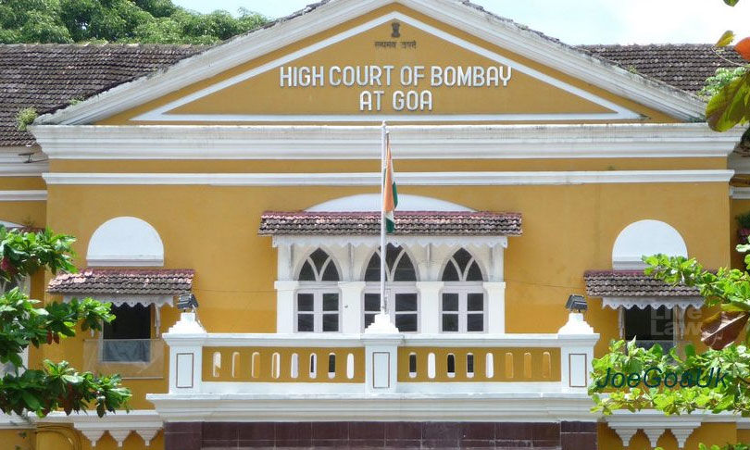- Home
- /
- High Courts
- /
- Bombay High Court
- /
- Bombay High Court Upholds...
Bombay High Court Upholds Constitutional Validity Of Goa Cess Act
Amisha Shrivastava
23 Jan 2024 6:04 PM IST
The Bombay High Court recently upheld the Goa Rural Improvement and Welfare Cess Act, 2000 (Goa Cess Act). The Act imposes cess on carriers transporting scheduled materials including coal, coke, sand, debris, garbage, packaged water, mineral ore etc. in Goa.A division bench of Justice GS Kulkarni and Justice BP Deshpande sitting at Goa appreciated the state government for enacting legislation...
Next Story



